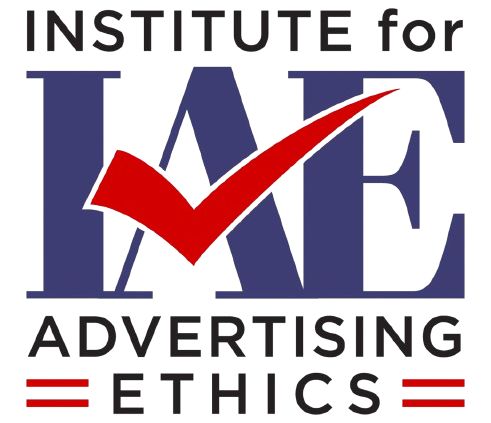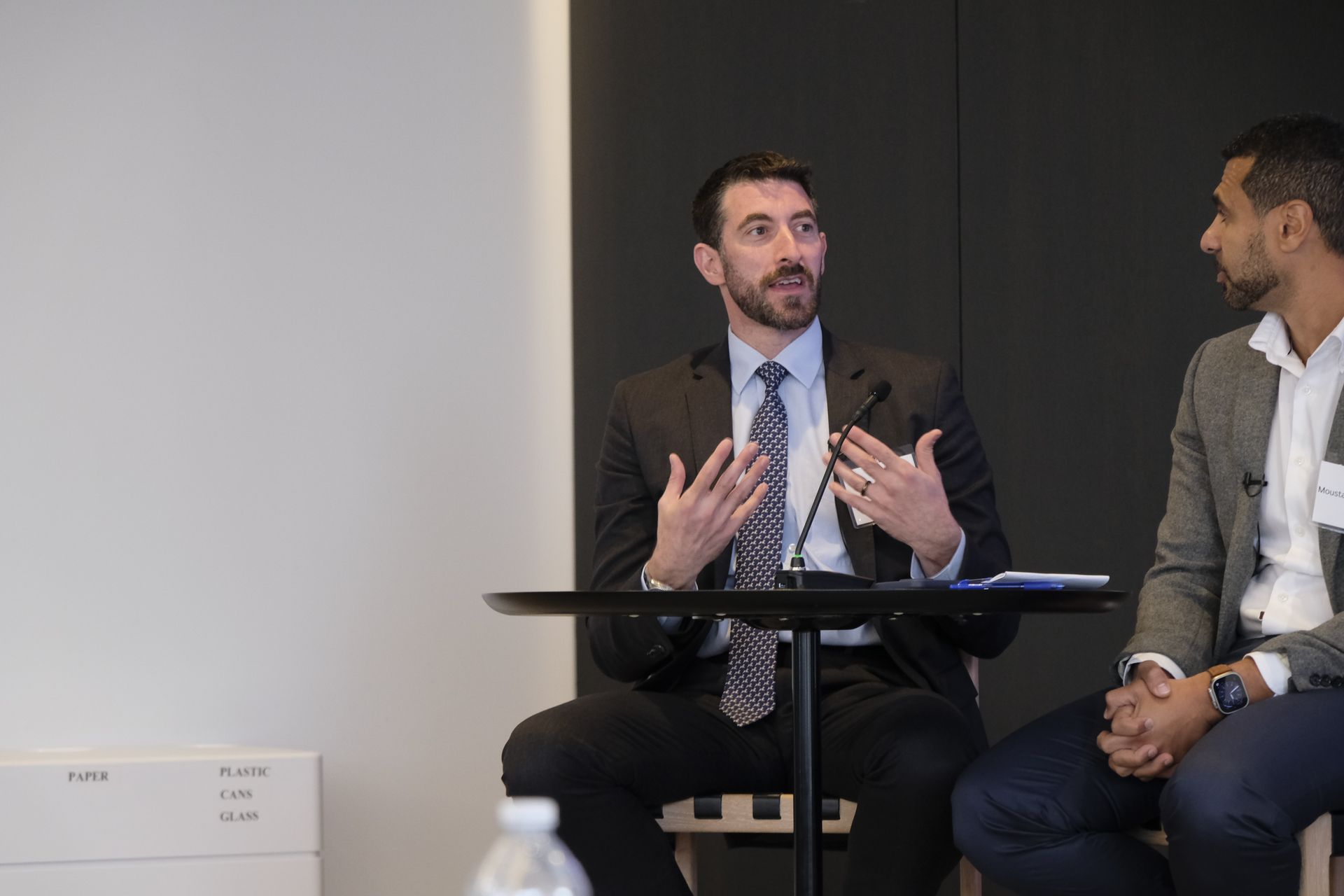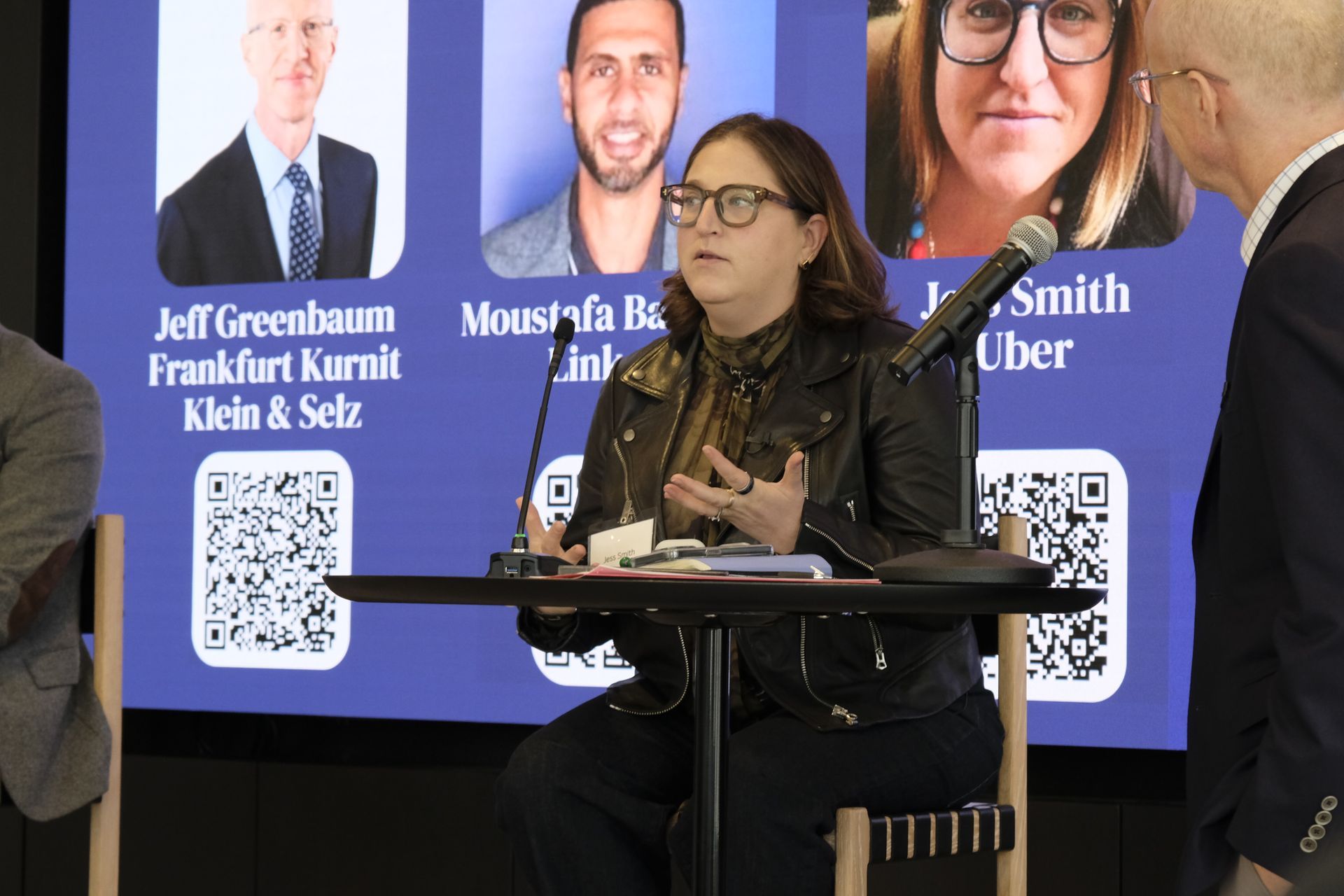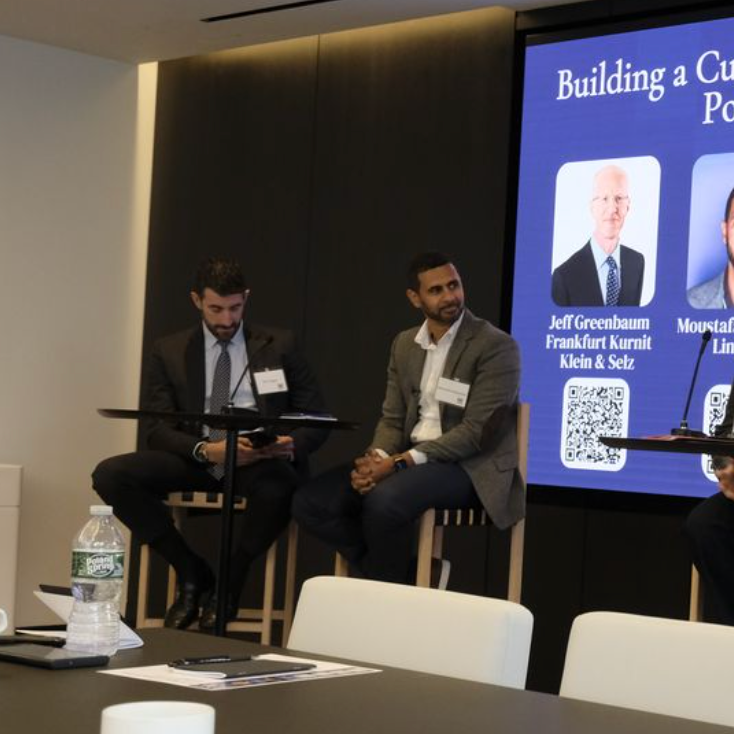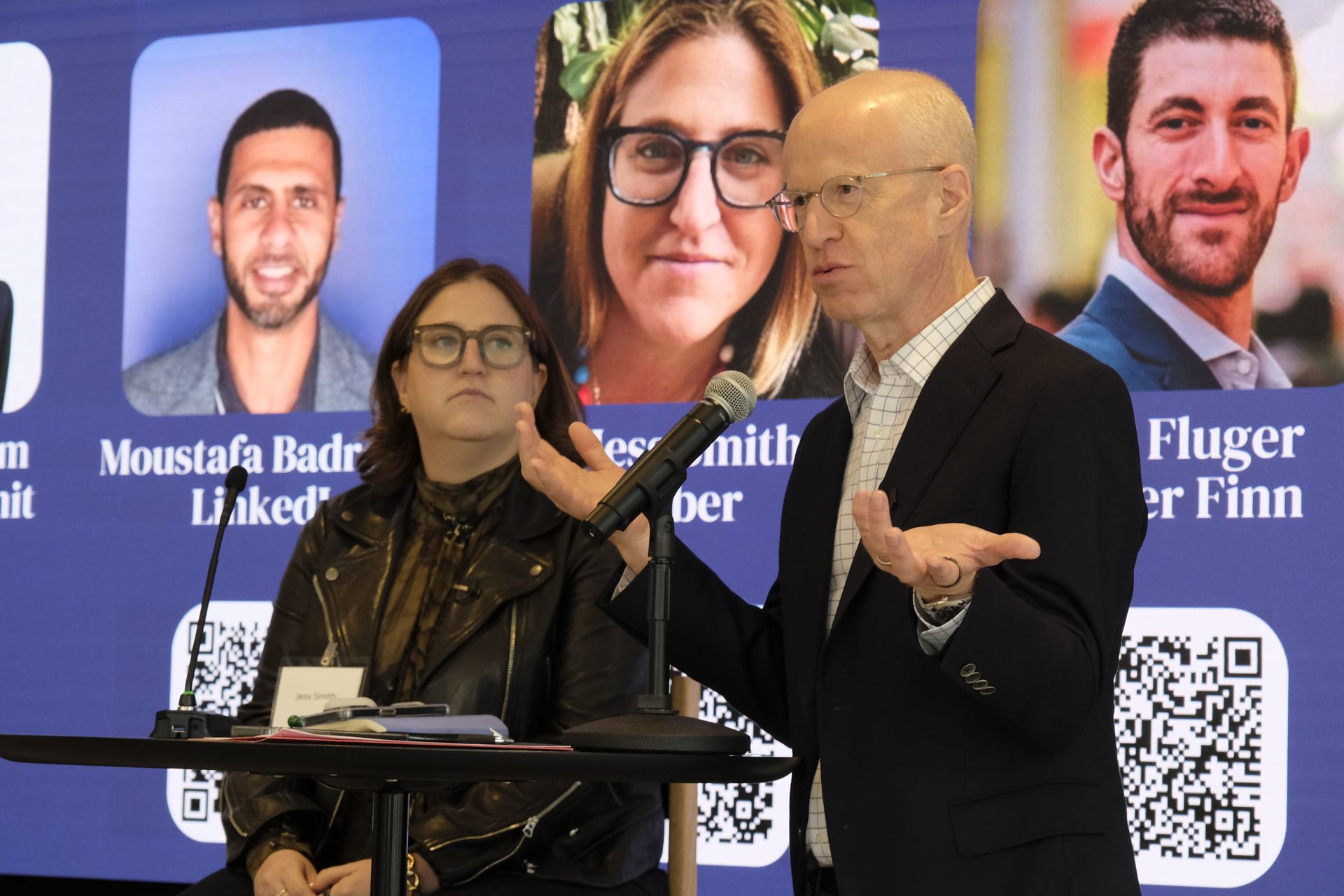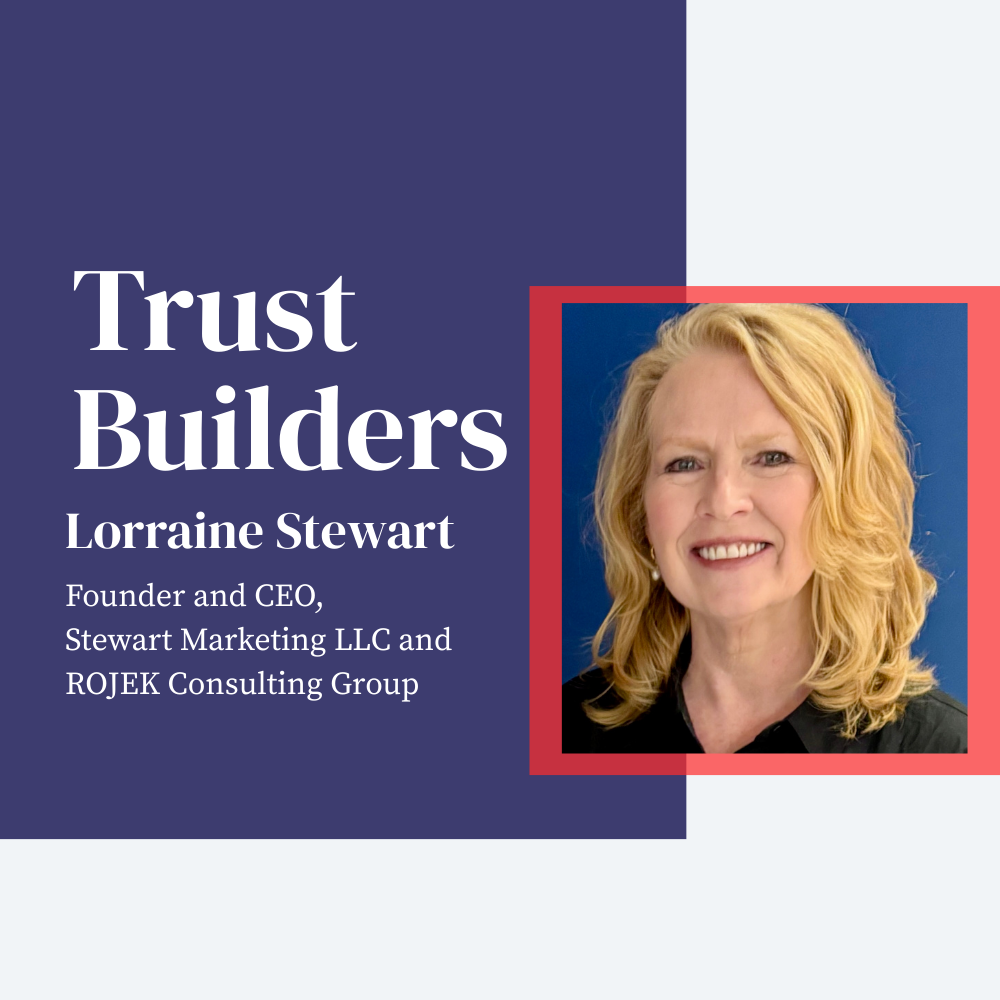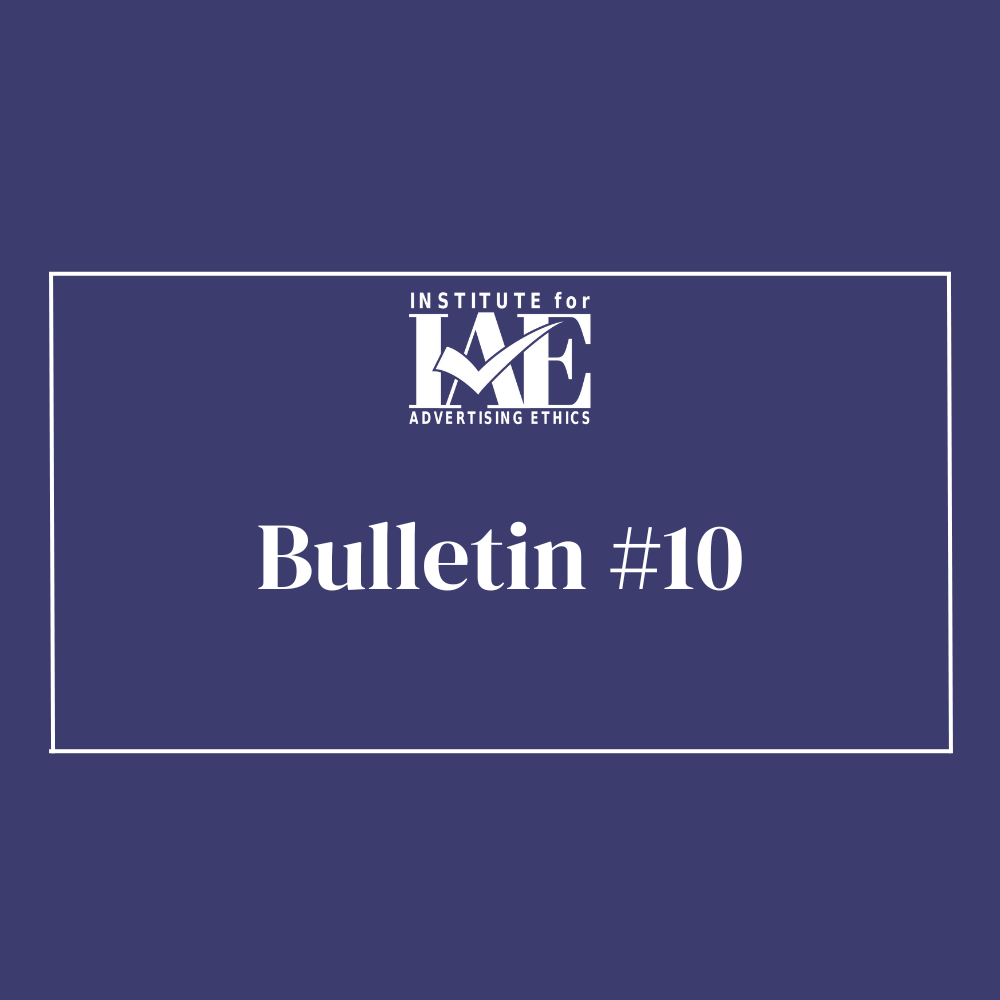Building a Culture of Compliance: From Policy to Practice
At the Global Ethics Day session hosted by the Institute for Advertising Ethics, legal and communications leaders from Uber, LinkedIn and Ruder Finn joined attorney Jeffrey Greenbaum of Frankfurt Kurnit Klein & Selz to discuss how companies can translate ethical principles into practice.
Greenbaum opened by noting that ethical advertising often goes beyond legal compliance. “Even if you communicate truthful information to consumers, but you communicate it in a way that’s misleading, that in and of itself can be false advertising,” he said.
Jess Smith, associate general counsel at Uber, said ethics should be embedded in company culture, not just policy. “It’s not just who the brand is — it’s what actions they take out in the world,” she said.
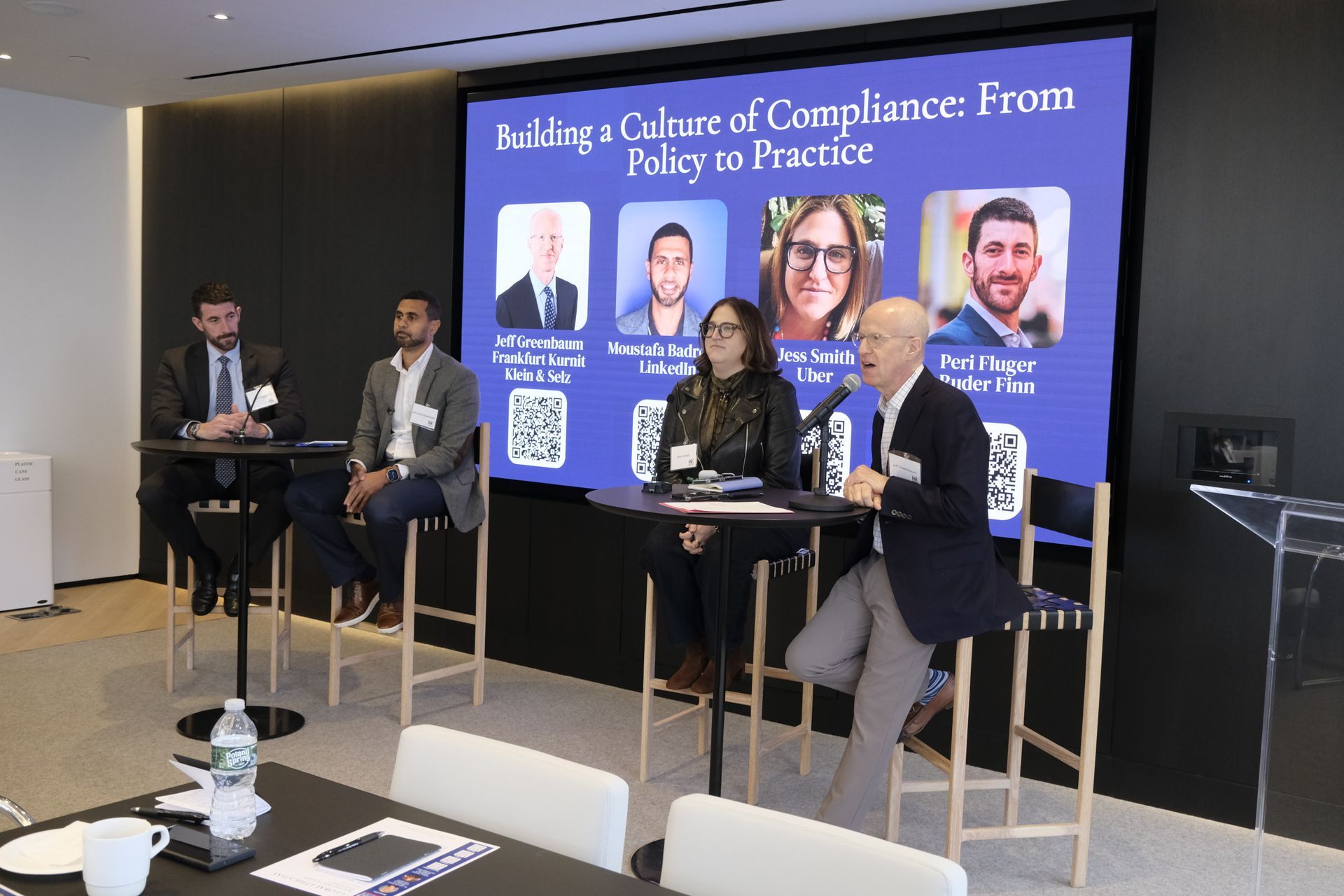
LinkedIn’s senior counsel Moustafa Badreldin described a practical approach grounded in the platform’s mission. “One of our core values is that we’re always going to be member first,” he said. “As a lawyer, I think, what would the members want to see? How would they want LinkedIn to behave?”
Peri Fluger, general counsel at Ruder Finn, emphasized that ethics in advertising vary globally but rest on universal principles. “The key principle we look for is truthfulness and transparency,” she said. Fluger added that while laws provide the baseline, ethics serve as “the ceiling.”
The discussion closed with agreement that ethical standards must evolve with culture and technology. “Getting the right people in the room is critical,” Smith said. “If you’re not hearing different perspectives, you’re not doing it right.”
